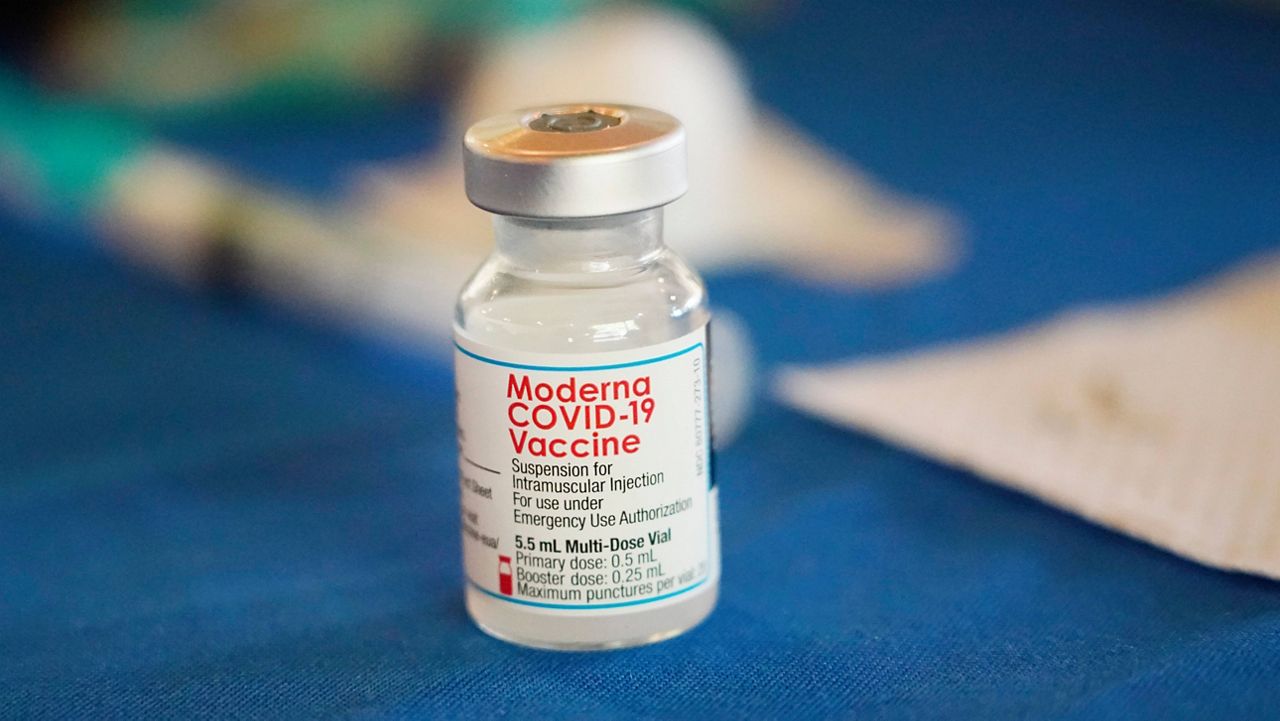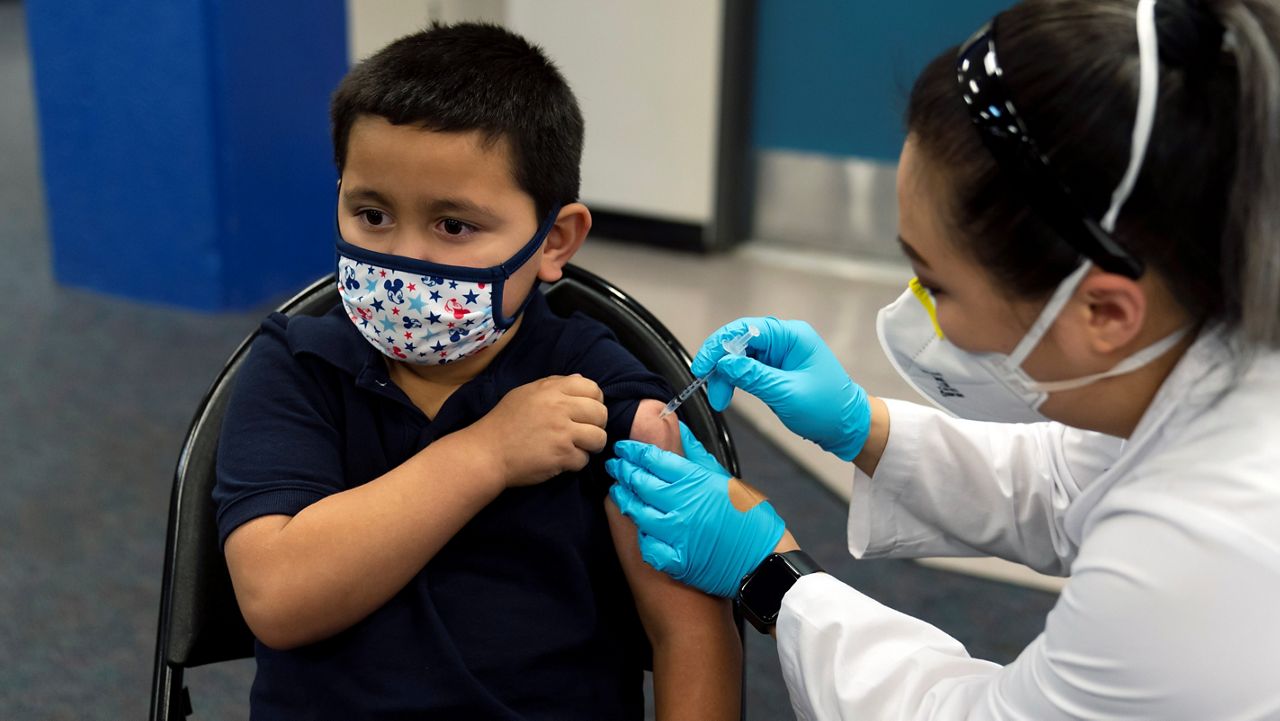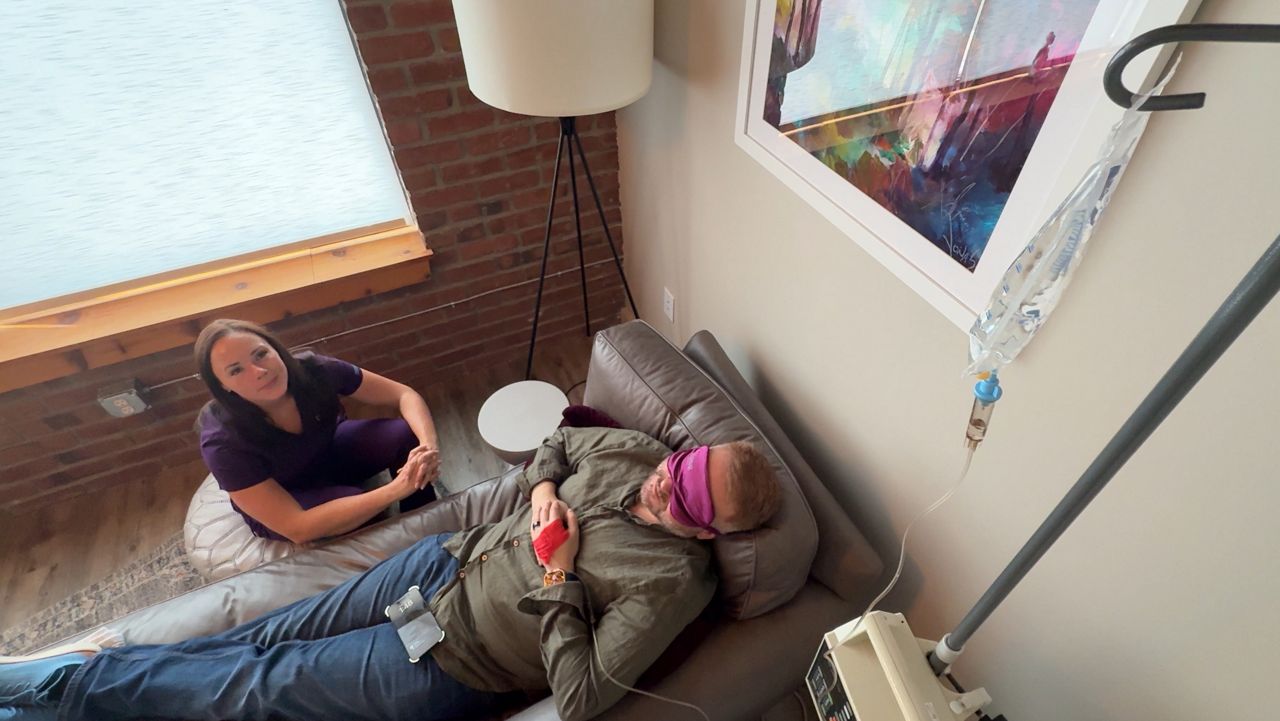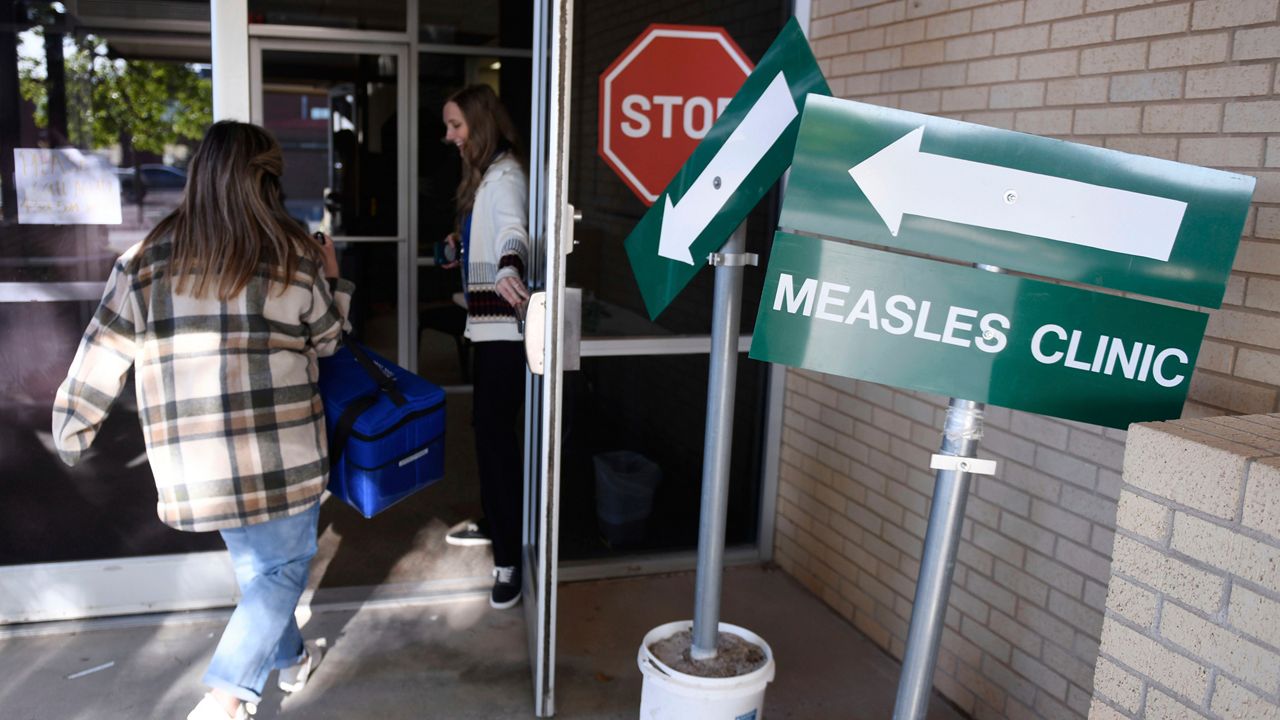RALEIGH, N.C. — The faculty of the N.C. State College of Education has mixed opinions about the university’s handling of complaints tied to cancer-causing chemicals in Poe Hall.
Stephen Porter, a tenured professor, said there is a lack of clarity from campus leaders about the issue.
“At this point if they want to regain the trust of faculty and staff, they need to be willing to sit down in a public setting and answer every single question that’s put to them,” he said.
Porter said educational faculty members held a meeting Friday about no confidence votes for the chancellor, dean of education and executive chancellor at the university. The voting will be conducted electronically over the weekend.
However, Porter said in the meeting many people expressed support for the dean — putting the votes of no confidence in jeopardy.
Regardless of how the results play out, Porter said it’s disappointing to learn about these concerning health findings from a local media investigation.
“Everything we’ve learned about Poe Hall — the PCB contamination and the cancer cluster — has come via news reports,” he said.“Everything we’ve learned about Poe Hall — the PCB contamination and the cancer cluster — has come via news reports,” he said.
Porter, 58, referenced the recent report by WRAL into allegations cancer cases are related to PCBs, polychlorinated biphenyls, found in Poe Hall. Findings from a lab analysis revealed levels of PCBs 38 times higher than the EPA's acceptable standard. Since those findings last fall, the university decided to close Poe Hall in November.
Porter said he and other faculty members were notified about the closure in an email.
“It was a big deal to shut down the building in the middle of November and suddenly scramble to find new classrooms for classes that were starting in the spring,” he said.
Porter has taken it upon himself to blog updates on his personal website.
His latest post calling for votes of no confidence and accusing top administrators of misleading the faculty has gained attention.
“I’ve had a couple thousand views so far of the last couple of posts,” he said.
Porter applauds administrators for finding new spaces for classes but wondered why it took reports from a local media outlet digging into claims of PCB contamination and a cancer cluster before administrators spoke out.
“I think the prevailing attitude is we can’t trust the university to be open and honest with us over matters of literal life and death, what else can we trust them on?” Porter said.
A Poe Hall employee wrote a letter to the National Institute of Occupational Safety and Health asking for the agency to look into the concerns.
Yet a response drafted by a law firm representing N.C. State showed after a health hazard evaluation was opened, lawyers informed NIOSH an inquiry was no longer necessary because they hired an outside environmental consultant to test the facility.
Moreover, the most recent investigation, conducted by GeoSyntec, showed PCB concentrations well below EPA exposure levels and thresholds. But even these results weren’t made public until after several questions by local media and the faculty.
“There’s certainly not urgency in giving us access to the initial test results, these recent test results. There’s a whole issue where it seems clear at least to me that N.C. State shut down a federal investigation of Poe Hall,” Porter said.
The most recent investigation showed more extensive testing should be done, meaning a fuller picture of the extent of the problems inside Poe Hall remains to be seen.










